Caregiving with cannabis
How one family caregiver and writer manages her and her family's health with cannabis
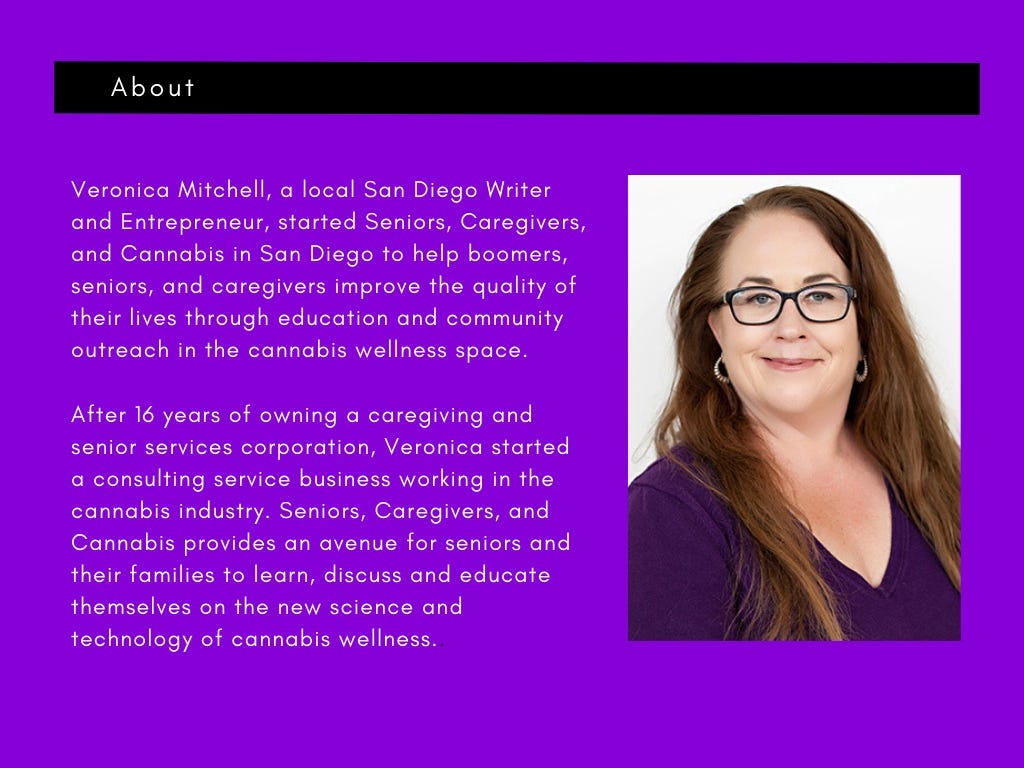
They say write about what you know—for me, that’s caregiving and cannabis. The intersection of these two things, however, is where it gets especially interesting. There is still a lot of stigma around cannabis use and the fact that cannabis is still federally illegal, making discussing cannabis in the realm of caregiving a problematic task. Most professional caregivers probably cannot use cannabis because of employment drug testing. Many family caregivers have difficulty consuming cannabis because of stigma and families forbidding its use. Assisted-living and retirement communities receiving federal money do not engage in cannabis education or consumption whatsoever to avoid any chance of losing funding.
Despite those truths, I am a family caregiver to my parents and a cannabis consumer. What is more, I have also incorporated cannabis into my caregiving routine. I encourage other caregivers to consider doing the same.
Caregiving is a dynamic happening in most families and communities across America. What is caregiving, exactly? If you are helping a loved one with a majority of their activities of daily living, which typically include bathing, toileting, meal prepping, dressing, mobility, and sleeping, then you are a caregiver. Yes, even when it’s your parent, child, or spouse! At present, there are 53 million unpaid family caregivers in the United States. Informal caregivers are the band-aids holding our entire healthcare system together. Our government, medical professionals, health insurance companies, and the “for-profit” hospital/medical systems benefit off the backs of these very underserved people in all communities.
I always say that at some point in our lives, most of us will either require caregiving or become a caregiver ourselves. Humans are living longer with many having active, healthy lives into their 90s and beyond. While technology, research, and medical advancements have afforded us longer lifespans, there are many things to consider about aging that most people don’t even think about until they must do it. Caregiving is an incredible investment, both monetarily and otherwise.
With that knowledge, I know that cannabis consumption is also on the rise within caregiving families and their friends. Caregiving is an exchange between the caregiver and the care recipient. Even in the best situations, there is much stress, physical and mental fatigue, and uncertainty. It is challenging to manage. Learning to practice acceptance and embrace change is always a good thing for caregivers seeking to incorporate resilient thinking and self-care into their mindsets. Cannabis use, however, is another way to manage the stresses of such a job and/or family dynamic.
Why Cannabis for Caregivers?
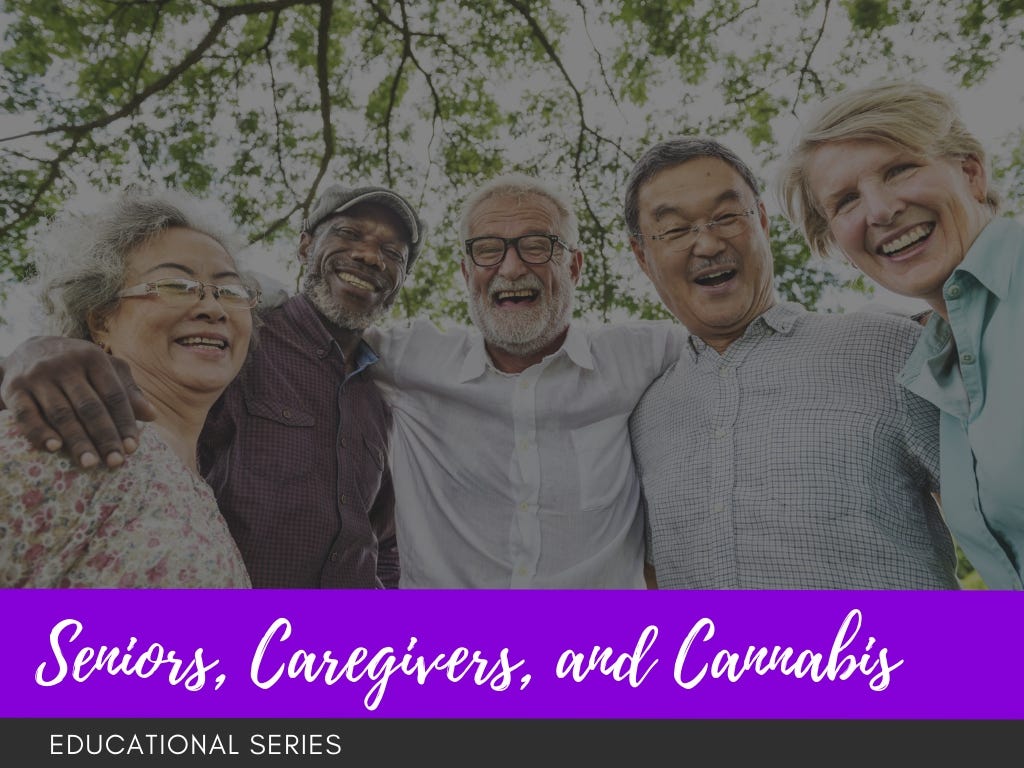
As their caregiving duties grow, family caregivers’ worlds get smaller. It’s challenging to try to juggle caregiving responsibilities alongside living one’s own life. Research shows that many trying to prevent caregiver burnout turn to alcohol and pharmaceutical medicine to alleviate stress, chronic pain, and to induce sleep.
I have no judgment towards anyone who chooses to unwind in any of those ways. I completely understand the need to relax, reduce physical pain, and ease a weary mind. I am also not anti-pharmaceutical because there is a time and place for people to take medication and see medical doctors. However, it is well-proven, thanks to the opioid epidemic, that pills for long-term pain management are frequently not the answer. Alcohol consumption to abuse is a slippery slope for caregivers that are already isolated and overwhelmed. Drinking alcohol is not a good choice for daily stress management since it can lead to addiction and other health complications.
Rather than relying on alcohol or pharmaceutical medications, I think cannabis can be a safer alternative to combating stress because it can provide relief without the intoxicating and overdosing effects of prescription medicine. While you cannot overdose from cannabis, though, you can overconsume, which can be uncomfortable for some people. Like most things in life, I advise people to find their limitations and preferred dosing amounts.
Canna-caregivers, as I call us, find ourselves more productive and calmer because cannabis allows us to relax and calm our minds without our thoughts becoming impaired or becoming incapacitated. We can use it and still function. We also know from experience that cannabis is a great sleep aid and that when a person gets good sleep, their quality of life improves. Cannabis helps caregivers sleep better and wake up feeling well-rested. These are markers for better health for everyone involved in a caregiving relationship.
I discovered cannabis early in life, much like many with friends in high school experimenting with alcohol and drugs. I did not know much about it except for all the hype about it being an awfully bad drug. Even at such a young age, I knew intuitively and almost immediately that it was a kind of medicine for me. I could not explain it or understand it, but I just knew that it was helping me. I was a victim of childhood sexual abuse and in my teens, I was struggling, like many with similar stories do.
I knew that when I smoked pot, as we called it, I could relax my mind and body for some time. I could function. I could get through school and go for a run after school for cross-country or hang with friends without feeling so terrible. Since then, cannabis has always been in my life, helping me with PTSD and anxiety. I am fortunate that with my family, exercise, therapy, and cannabis, I could thrive and have post-traumatic growth.
Caregiving and cannabis in my family
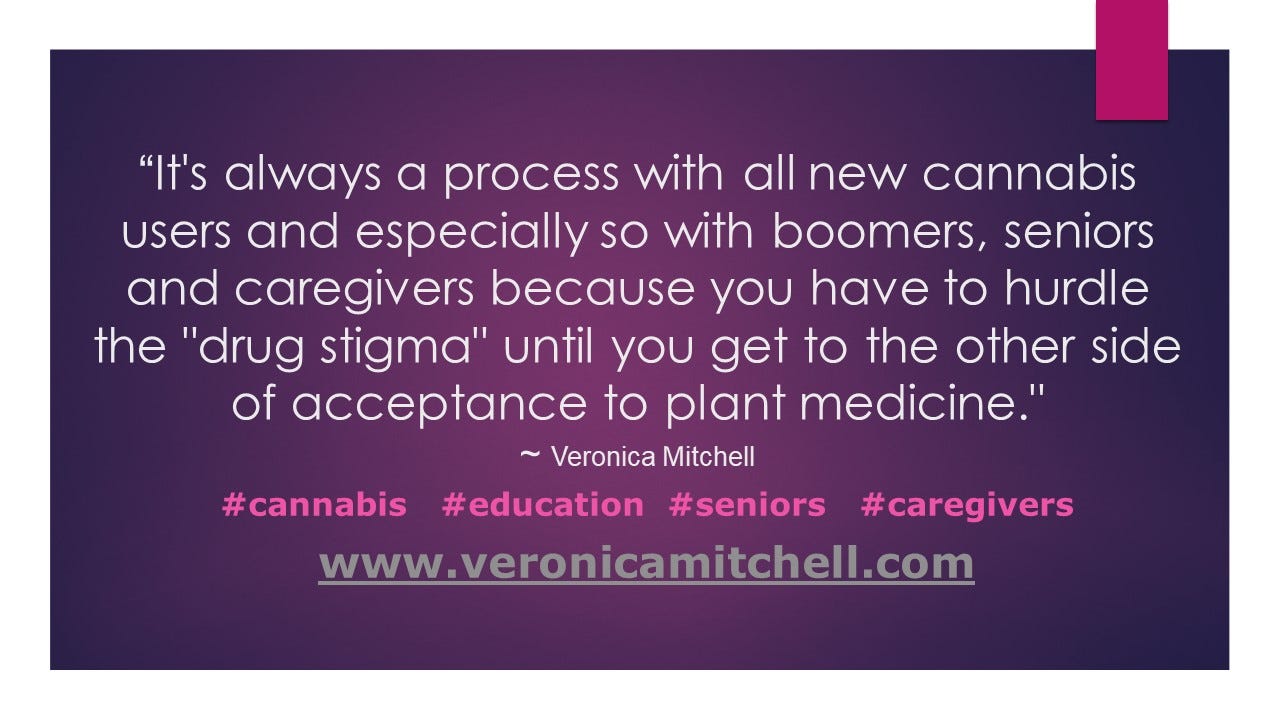
Fast forward to my early 50’s: in what seems like no time at all, my family recently merged three households to create a multi-generational compound where my family members and I can care for our parents through end-of-life.
As we set up our new living situation, we had started to have conversations about boundaries and procedures to figure out how to live together again. By that point, my dad had been trying cannabis for a few months—he had his doctor's approval and was primarily consuming tinctures, edibles, and topicals. But throughout our family planning meetings, my sister had demanded that there should be no cannabis use in our new. It must be outside, she said, as she hates the smell of it. Since I am the primary caregiver and a daily cannabis consumer, I knew right then and there that we would need to talk more about it.
Now, eight months into our new living arrangement, everyone is consuming and using cannabis in various delivery systems and dosages. No, I did not bully them or force them or “trick” them into liking it! We just had lots of family conversations and talks with everyone’s doctors. They tried it individually, and all felt it was helping.
Cannabis works for our family because we use it as needed and in dosages that feel comfortable for everyone. As a sleep aid, it helps my parents take long, interrupted naps in the afternoon, allowing them to get rest that would otherwise be interrupted with pain and other discomforts. This also gives me time to catch up on my other responsibilities, like freelance writing.
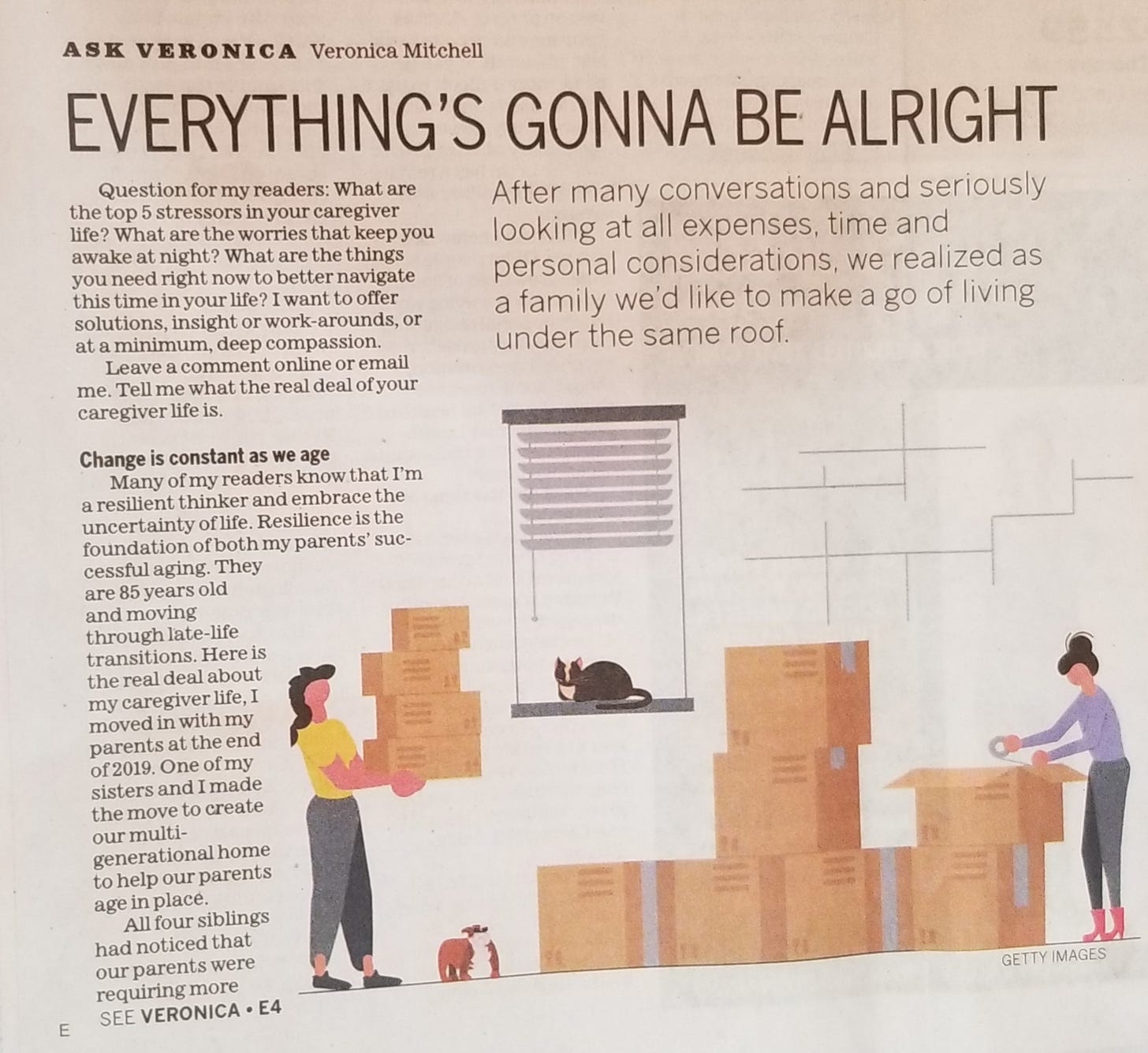
At night, we use cannabis edibles and tinctures in small dosages to help us get better sleep, which makes for better days. When the care recipient sleeps better their health improves and makes things better for the caregiver. Cannabis is providing this opportunity for all of us to benefit from better sleep.
After all, it is still family caregiving, so it’s not all peaches and cream just because our family started using cannabis. It has not solved all caregiving problems. It has, however, provided space and time for all of my family members to explore a natural, plant-based alternative to help alleviate some age and caregiver-related health ailments.
It’s also brought lots of laughter. Like, for example, the occasional instances I make a batch of canna-butter a little stronger than usual or I give my parents a little bit bigger of a piece of cannabis infused-dessert and, afterward, we all giggle at how calm and relaxed we feel. It is nice to see everyone smiling, knowing they are feeling so good their age. All of these benefits improve the caregiving exchange by reducing stress for the caregiver, which also reduces stress for the people being cared for.
And, during times when tempers flare as they so often do in family dynamics, I know during it that I will be able to take a break soon after it’s finished. I will smoke a fat joint or rip a bong hit to ease the tensions and provide relief. That peace of mind, for this unpaid family caregiver, is priceless.
In addition to being her family’s primary caregiver, Mitchell is also an entrepreneur, consultant, speaker, and writer. She specializes in teaching business and community leaders how to build confidence and better teams as well as improve customer relationships using effective communication and storytelling. She also writes the caregiving column Ask Veronica, which appears in the San Diego Union-Tribune. Follow Mitchell on Twitter or Instagram.
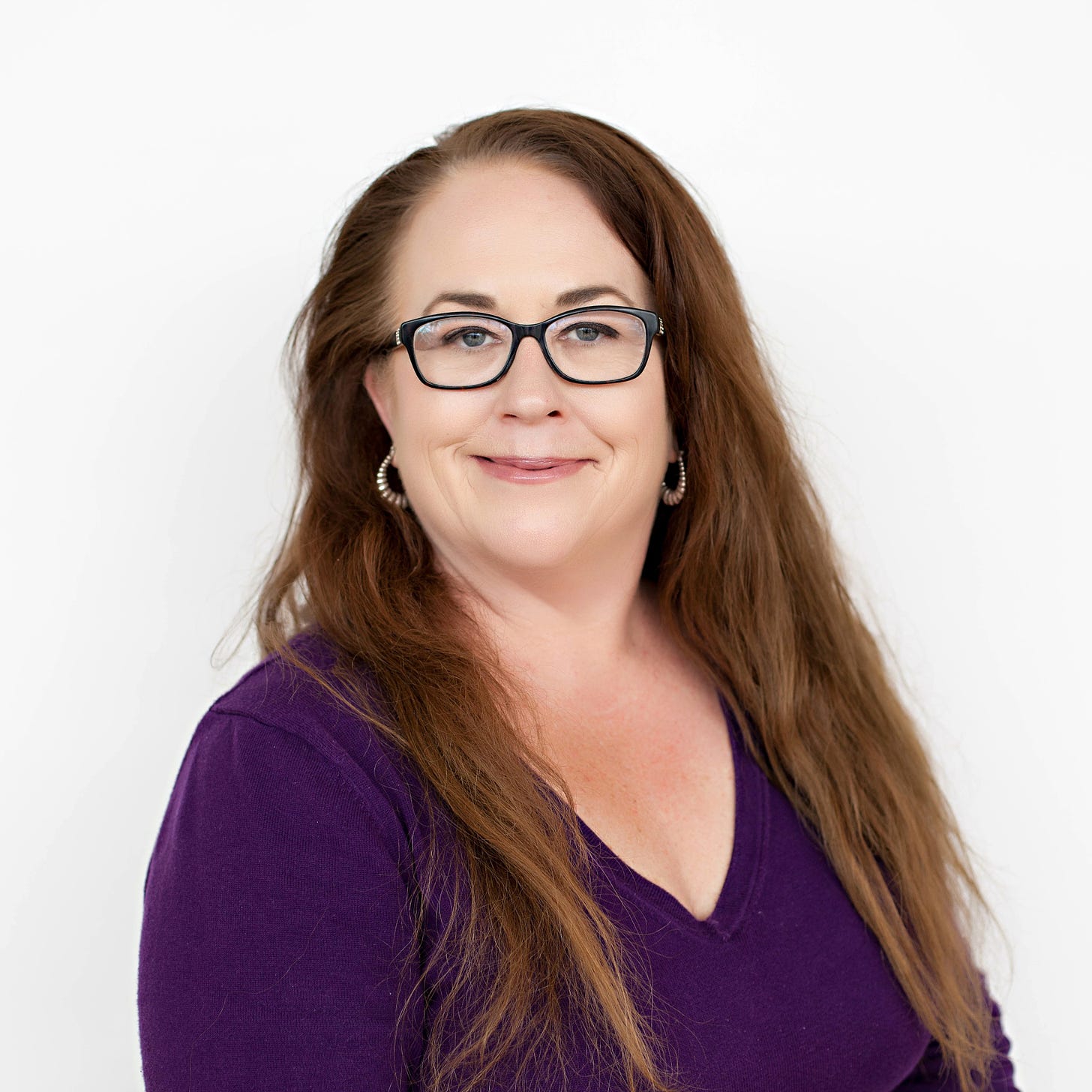
One to try
If you’re serious about incorporating cannabis into caregiving or a self-care routine, consider documenting it in a Goldleaf journal. I love my patient journal, in particular, but for the patient-caregiver dynamic, Goldleaf also makes medical cannabis information cards, a blank journal that allows you to go a little bit rogue, a cannabis versus opioids infographic print, and other useful prints, journals and other weed geek goodies. Use CANNABITCH10 at checkout for 10% off.
Thanks for subscribing to Cannabitch! If you enjoyed this issue, please forward it to a friend who you think might like it. Thank you for being here!




